We are lucky enough in this country to have had 60 years of the National Health Service, and whilst I am eternally grateful for the care they offer I have recently been interested and excited to hear doctors and other health practitioners discussing how we might improve this service to take advantage of a much wider and diverse range of healthcare options that we have available. In order for a patient to be assessed and diverted to most appropriate care do we need to re-think the current model of the GP being our first port of call?
Increasingly we are understanding that medication might not be the entire answer, and that a combination of other practises, as well as, or instead of medication could be a more effective treatment. In some cases it is now believed that medication of one illness could be the cause of further illnesses, and so I ask the question: What might the future face of healthcare look like?
At the moment, for the majority of us, when we are ill, we contact our GP: the GP and the national health service are our healthcare providers. There are a few who would seek out alternative therapies, but for the large proportion of the UK population; whatever our ailment or illness may be, headache, earache, stomach or heartache, our fist port of call is always the GP. Our poor GP’s are stretched to the absolute limit and have less and less time to spend with each patient and therefore less and less time to thoroughly examine each patient, and have the time to really delve into the reasons for an illness. I believe this constant pressure is forcing them to treat the symptoms and not necessarily the cure.
Take a moment to imagine what a difference it could make if we had a health practitioner making the initial assessments of patients. Someone whose job it was to ask those questions that delve deeper, having the time and skills to get to the route of the problem. So that the correct type of treatment or further investigation could be recommended. Who understood that Jim’s bad back was down to an old knee injury and some physio treatment might help. Who understood that Mary’s headaches were triggered by a food intolerance and working with a nutritionist could help. That Franks depression was caused by grief and some sessions with a councillor might help. That Emily’s hip was probably arthritic, and she needs an X-ray and possible surgery to correct.
There are so many health and wellbeing practitioners now who offer a wide range of services for clients that treat the symptoms traditional, or rather, prescription medicines simply can’t. There are also, fortunately, and increasing number of forward-thinking doctors that realise that medicating patients isn’t always the best option
But what of the cost I hear you cry?
Why does this need to be more expensive than the national healthcare that has been provided for over 60 years? With modern technological advances it would be perfectly reasonable to have initial consultations done via video call, easing the pressure from GP waiting rooms, which always seem to me to simply be a place to simply pass on more germs. Once assessed the practitioner can recommend further investigations offered at the appropriate practises. I know many wellness practitioners who would be happy to ‘rent’ space from the NHS in doctors surgeries in order to be able to see patients at a location that is already convenient for them.
Collaboration is a word that is often used in the business world. Business people are used to recommending preferred suppliers or installers to their customers and clients for services they cannot provide. Why can’t we have the same kind of collaboration in the healthcare and wellness industry, where we all work together to improve the nation’s health?
I understand that I might not have all the answers, but let start the discussion and collaboration. I think it’s high time we started to ask more questions.




